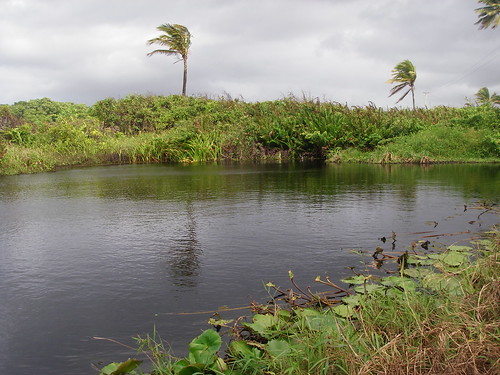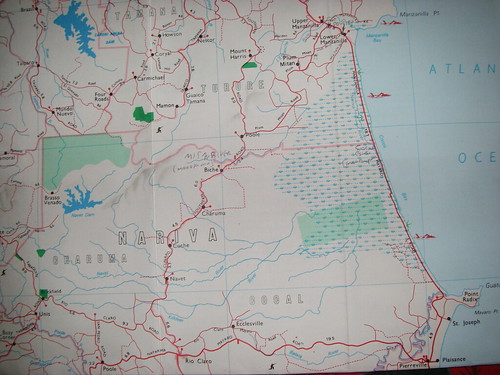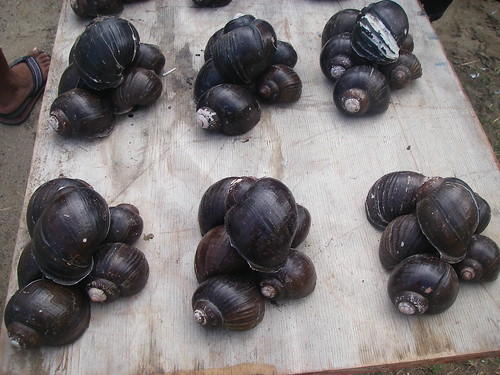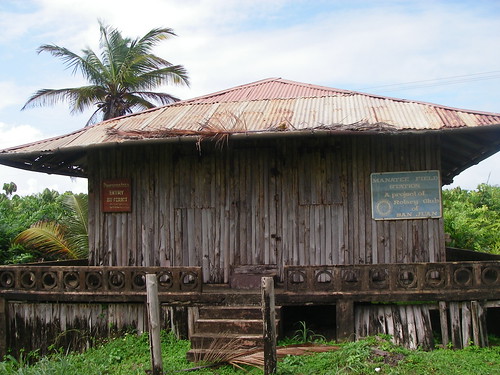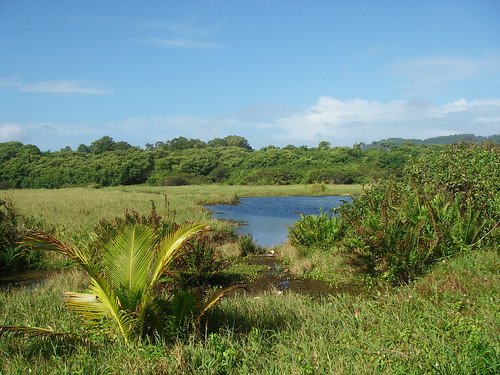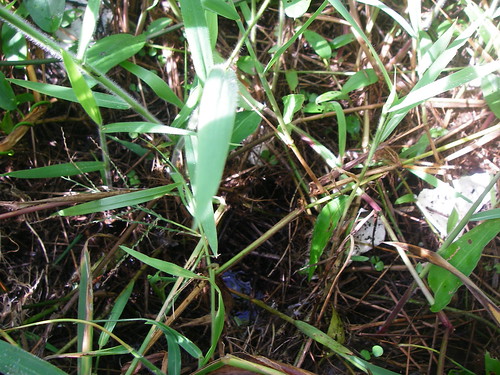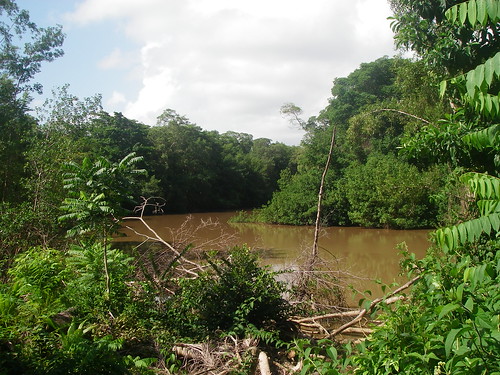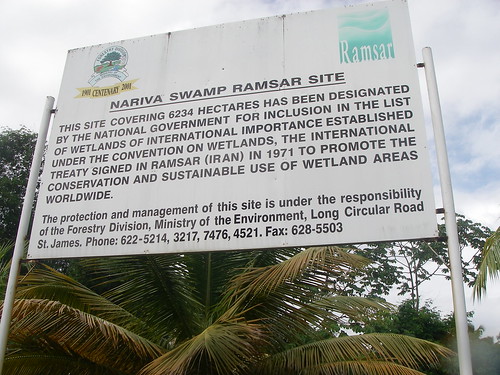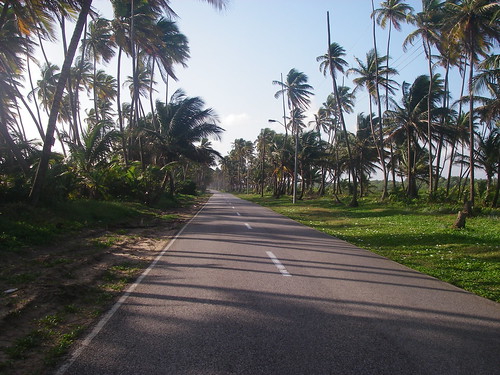Less than two weeks…
Saturday, January 31st, 2009I’ve been back for eleven days and I’m depressed, have the flu, my toes are permanently numb from the cold and in the few moments when I’m even acknowledge the reality of life in Tadley in the wintertime, I’m banging my head against the wall.
I haven’t met a single one of our friends and acquaintances—who might as well live in another universe, since Tadley forms a pocket universe of its own.
I swear I’d be on the next plane to Thailand, if I didn’t need a yellow fever vaccination now.
Grrrr.
My Nariva Swamp-writeup will resume tomorrow. Hopefully.
